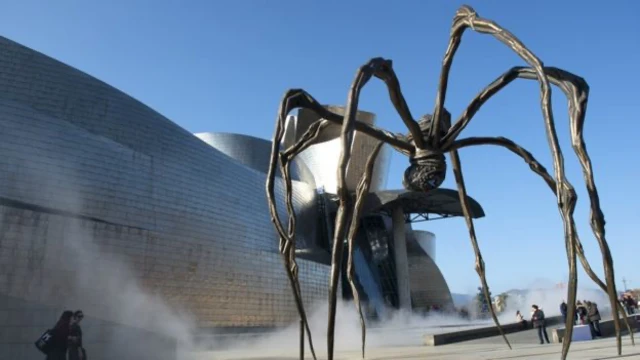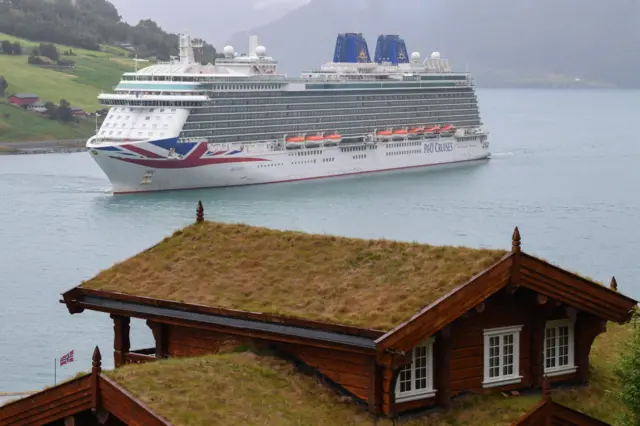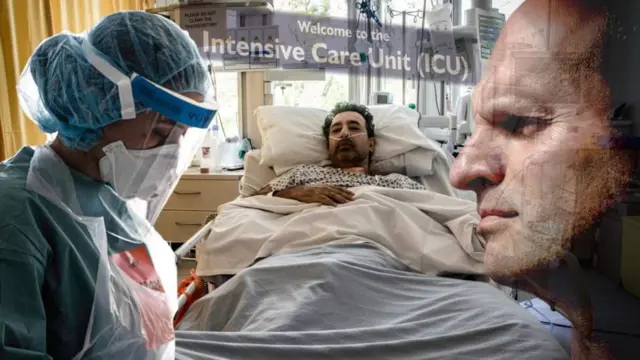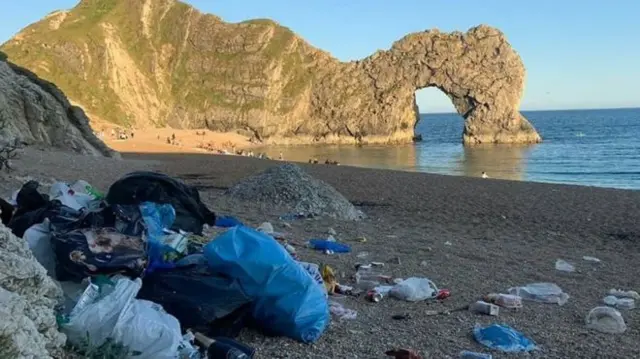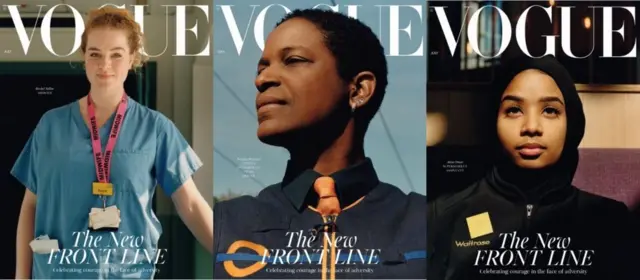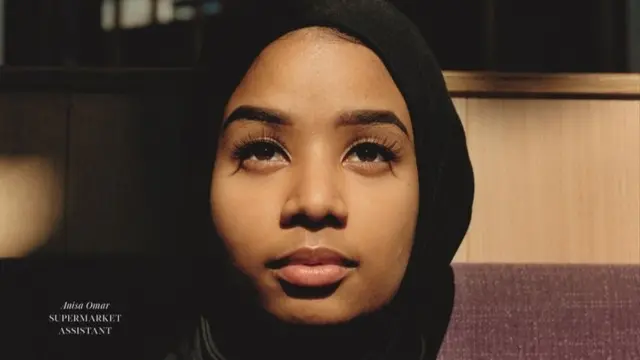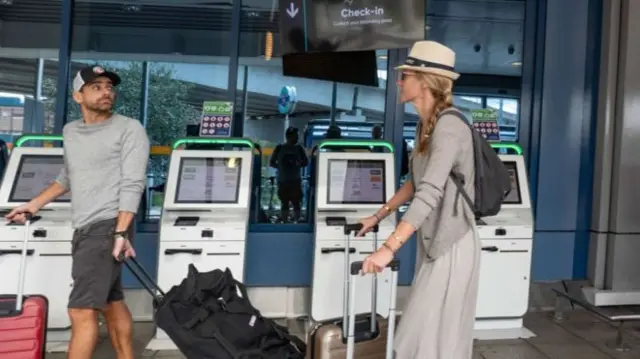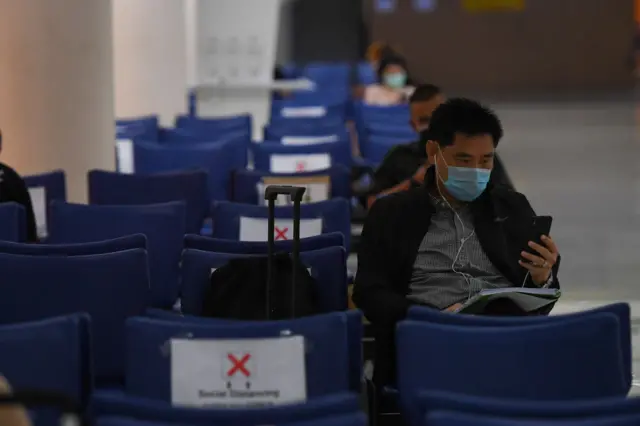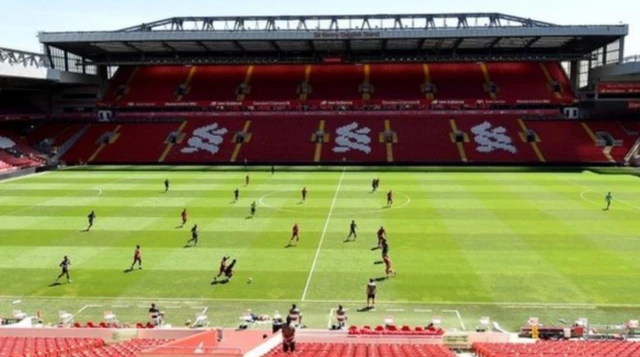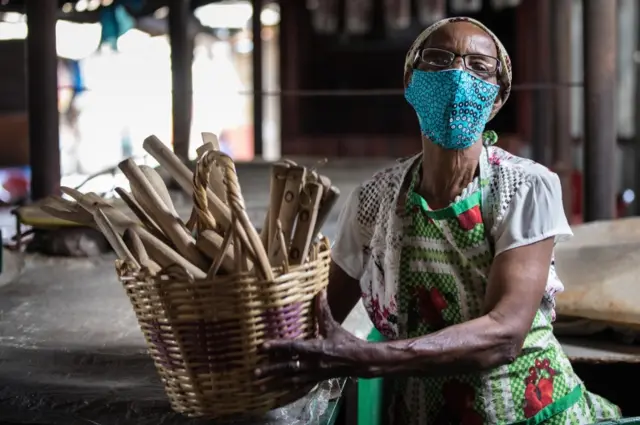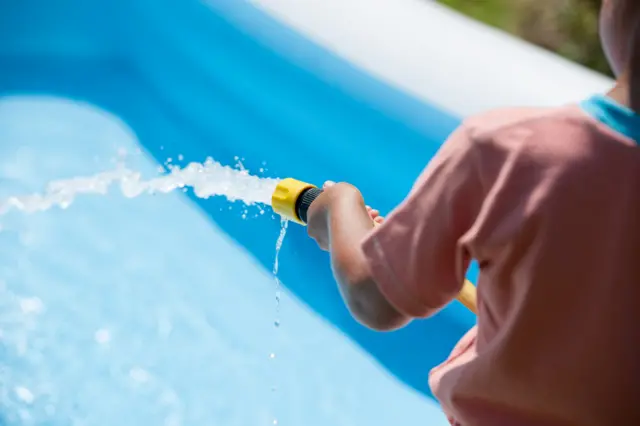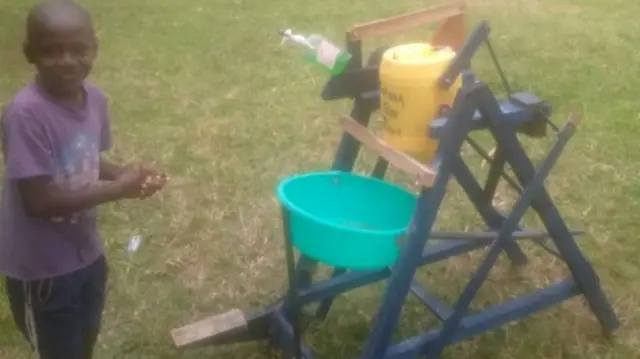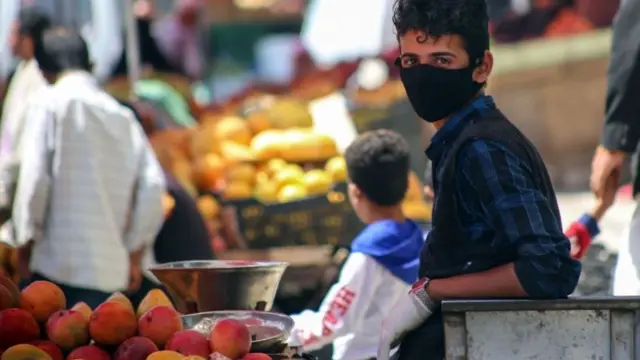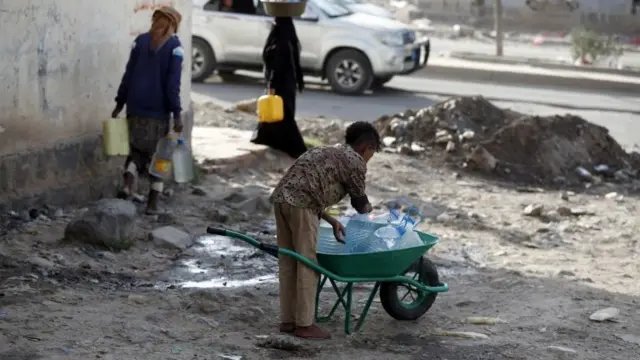We’ll be back again soonpublished at 21:58 BST 2 June 2020
Our coverage of the coronavirus pandemic is being paused for a few hours after a day which saw a worrying new rise in Covid-19 cases in India while Mexico’s death toll passed 10,000. The UN warned of a “race against time” to combat the virus in war-torn Yemen.
In the UK, the vulnerability of ethnic minorities was stressed at the daily government briefing. Meanwhile, Parliament called time on voting from home.
Our teams in Singapore and Australia will be back early on Wednesday to bring you the latest on the crisis which has now seen at least 377,000 deaths and 6.3 million confirmed infections.
But we’d like to leave you with this picture from Paris, looking more like its old self after cafes and restaurants reopened after months of closure.
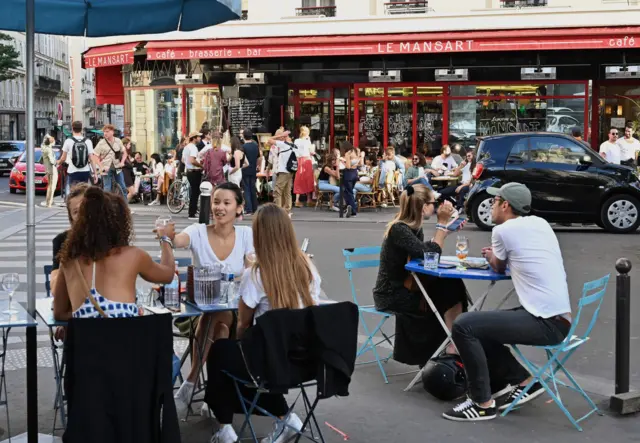 Image source, AFP
Image source, AFP